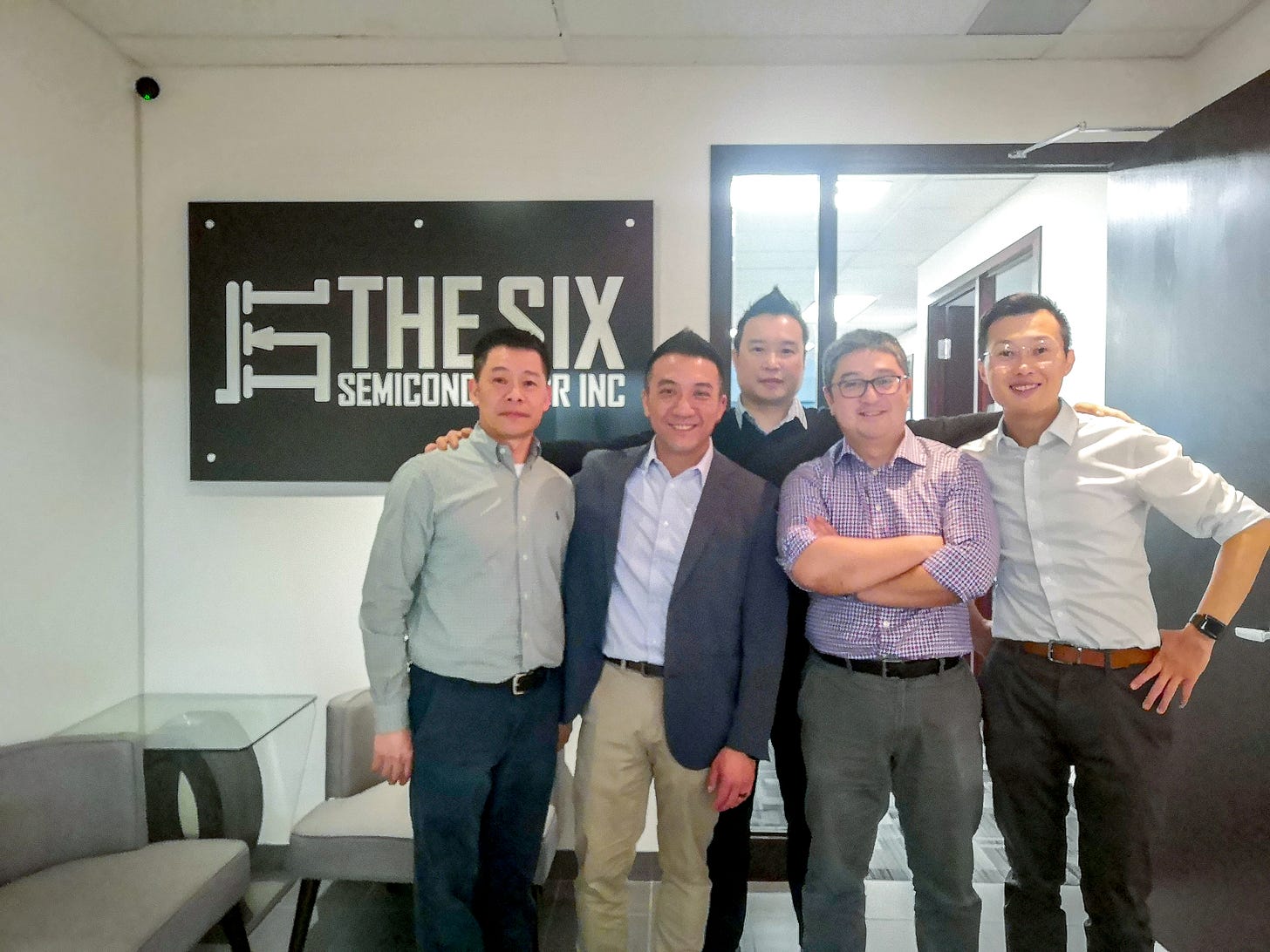The Six Semiconductor: Forging the Path for Memory Solutions
The Toronto-based startup takes on industry giants with smarter DDR solutions for the edge.

The Six Semiconductor (TSS), a Toronto-based startup founded in 2018, is aiming to redefine memory subsystem technology. Co-founder and CEO Richard Fung has steered the company with a clear mission: to become a leading provider of DDR-PHY IP solutions, building on Toronto’s reputation as “The Six.”
Fung, a veteran of the semiconductor industry with a background at companies like ATI Technologies and AMD, has a bold vision for the future of memory subsystem technology. He spoke about the unique foundation of TSS in an exclusive interview with TechSoda.
The company was started by five co-founders who had worked together for over a decade, with a shared history dating back to their time at ATI. He explained that their collective experience and deep-rooted product mindset, honed from their work on GPUs and CPUs, became the bedrock of their new venture. Fung holds B.A.Sc. and M.Eng. degrees in Electrical Engineering from the University of Toronto and has 11 US patents, all of which underscore the deep technical foundation of the company.
The pivotal moment for the co-founders came in 2018 with the emergence of a new memory standard, GDDR6. They recognized a market opportunity and, driven by a "now or never" attitude, decided to give it a try. Fung noted that the initial stages were challenging, as they struggled to find the right market and perfect their pitch to investors and potential partners.
This persistence led to a crucial partnership with OPENEDGES Technologies, a South Korean company that eventually acquired TSS at the end of 2019. Despite the acquisition, TSS continues to operate independently as the Canadian office, maintaining its unique culture, mindset, and customer relationships while providing an integral piece of technology to the semiconductor world.
TSS’s core mission is to provide cutting-edge DDR technologies on more mature technology nodes. Fung explained that this is a strategic move to differentiate themselves from their much larger competitors, who are almost always focused on delivering the latest standards at the most advanced technology nodes first. In contrast, TSS takes a step back, building the latest DDR technologies for more mature nodes, which are essential in high-volume edge-oriented products. This approach allows them to offer high-performance memory solutions to customers who might otherwise lack access to the latest memory performance for their System on a Chip (SoC) designs, ensuring they get the same memory subsystem benefits without the high cost of the most cutting-edge nodes.
When asked about the company's products and applications, Fung highlighted their focus on LPDDR, which is essential for a wide range of devices, including edge devices, mobile devices, automotive SoCs, consumer electronics, ISP cameras, and computer equipment, such as an SSD controller.
Their products are not sold as physical components but rather as licensed designs, or Intellectual Property (IP), which customers integrate into their own ICs. This model means they are a critical part of their customers' products, enabling companies that specialize in, for example, AI chips, to license the memory subsystem from a specialist like TSS rather than developing it themselves.
Looking ahead, Fung emphasized the importance of partnerships. He noted that in the semiconductor world, "nobody can do things alone." He seeks to find partners, such as companies with complementary IP offerings and design service companies, so that they can offer complete design solutions to end customers who would otherwise have to source different IPs from different places. This collaborative mindset, combined with their extensive expertise and product-focused approach, positions The Six Semiconductor to make a significant impact on the industry. Fung also expressed excitement for the upcoming SEMICON Taiwan exhibition, where the team hopes to meet with smaller companies they might not otherwise reach and to strengthen existing relationships.
Fung also spoke about the company's culture and its roots in the lessons learned at ATI. He credits their early experience with giving them a strong, product-oriented philosophy that allows them to go beyond just delivering an IP. "We're more like a solution design company," he said, explaining that they share their expertise and help customers optimize their entire system. This deep-seated product mindset is what enabled the company to build its first product with a small team of eight, and it's a philosophy they are actively passing on to the younger generation of engineers. The acquisition by OPENEDGES has only amplified this reach, as the two companies complement each other's offerings in the IP space. This collaborative and solution-oriented approach continues to drive The Six Semiconductor forward.
TSS will join the Canadian delegation to Semicon Taiwan from September 10 to 12, and is all set to meet up with counterparts from all over the world at the Canadian Pavilion on the first floor of Nangang Exhibition Hall 1.


